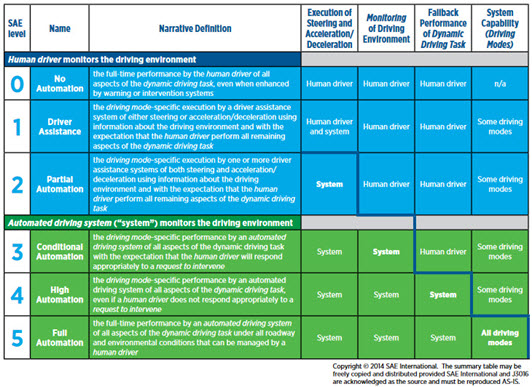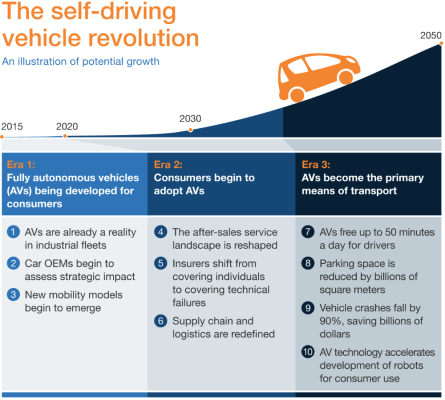The Paradox of Automation. See also: The Asiana Airlines crash in San Francisco in 2013. The pilots had become so reliant on automation that they flew a perfectly good airplane right into the seawall, just a few feet short of the runway. Investigators discovered that of the thousands of hours of flying time in the pilots' log books, they were almost all accrued entirely under autopilot circumstances. They were career airline pilots who literally didn't know how to actually fly an airplane.
I forgot about this accident, and failed to follow up later. Here's the cause.
The NTSB found that the "Mismanagement of Approach and Inadequate Monitoring of Airspeed Led to Crash of Asiana flight 214". The NTSB determined that the flight crew mismanaged the initial approach and that the airplane was well above the desired glidepath. In response, the captain selected an inappropriate autopilot mode, which, without the captain's awareness, resulted in the autothrottle no longer controlling airspeed. The aircraft then descended below the desired glide path with the crew unaware of the decreasing airspeed. The attempted go-around was conducted below 100 feet, by which time it was too late. Over-reliance on automation and lack of systems understanding by the pilots were cited as major factors contributing to the accident.
I do not know about the various autopilot/autothrottle modes of the 777 to know what modes the crew was selecting. But they crashed because the autothrottle disengaged by design, and they did not know it. Nobody was controlling the throttle, and the aircraft speed dropped and it stalled. They punched Go Around, but it was too late.
Hmm... I wonder what happened to the stall warning subsystem. The aircraft I worked on had an aural stall warning plus a stick shaker to alert the pilots if the airspeed drops below a safe level, which is computed based on various air parameters as well as aircraft configuration like flap and slat settings, etc...
Understanding how an automated system works, and what it does in different situations or modes is important. One can say that if everything is 100% automated, then the pilots would not select the wrong modes. But then, what are pilots for? Why don't we have pilotless jet liners?
Well, the pilots are there in case the system malfunctions despite its multiple control channels (these aircraft fly with triple-redundancy control channels, but things can still fail). In this case, they messed up.
A car system is different, in that if the car can be made to coast down to a stop, the occupants can walk home. One cannot park an aircraft in the sky, hence the extra measures in designing the autopilot. Bad things can still happen, unfortunately.
PS. Big turbofan jet engines with a high bypass ratio have a big response lag. To get them to rev up from idle speed takes many precious seconds. Hence, there is a higher "flight idle" rpm vs. "ground idle". Modern aircraft are complicated and tricky enough to fly that it is not possible to fly without a computer to help and track what is happening.





 Dontchaknow that's why we're total screwed, security-wise, with just about everything nowadays?
Dontchaknow that's why we're total screwed, security-wise, with just about everything nowadays?